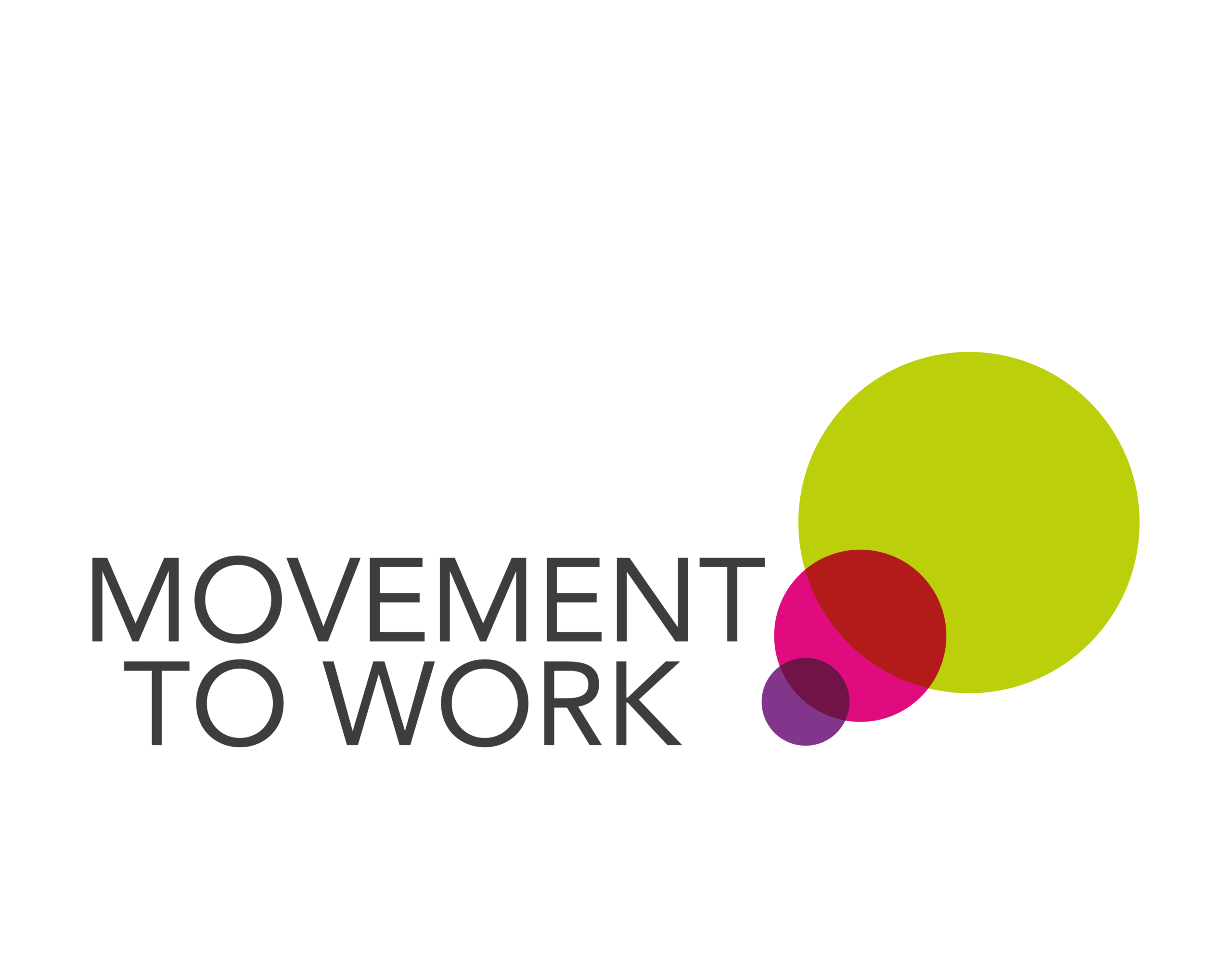Six major regeneration and transport projects across Scotland are set to receive almost £122 million from the third round of the UK Government’s Levelling Up Fund – a multi-billion-pound initiative improving lives for local people.
The UK Government announced a total of £1 billion to support fifty-five projects across Great Britain from the Levelling Up Fund. Proposals for Moray, North and South Ayrshire, South Lanarkshire, Glasgow, Dumfries and Galloway and the Scottish borders have each been awarded a share of the flagship fund, which will see upgrades to their town centres, high streets, and local transport.
Scotland will receive the second highest award given to any single project in this round – a significant £37.4 million to create new commercial buildings, better cycling and walking routes and more electric vehicle charge points across North and South Ayrshire.
Levelling up means delivering local people’s priorities and bringing transformational change in communities that have, for too long, been overlooked and undervalued.
Backing fifty-five projects across the UK with £1 billion to create new jobs and opportunities, power economic growth, and revitalise local areas. This funding sits alongside wider initiatives to spread growth, through devolving more money and power out of Westminster to towns and cities, putting in place bespoke interventions to places that need it most.
Read more here.










